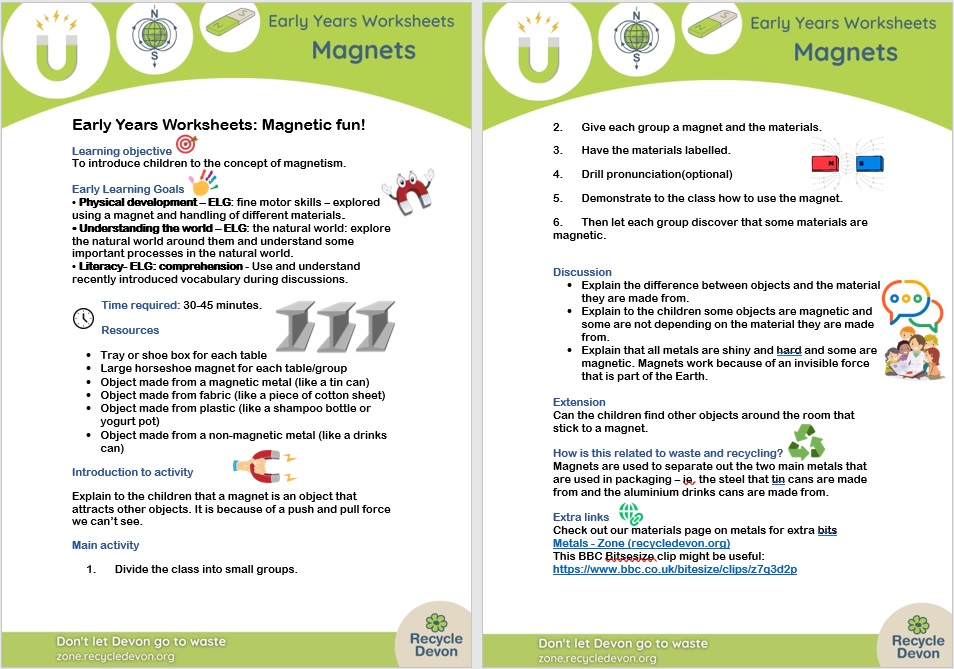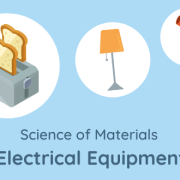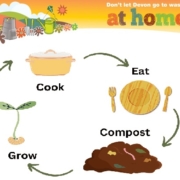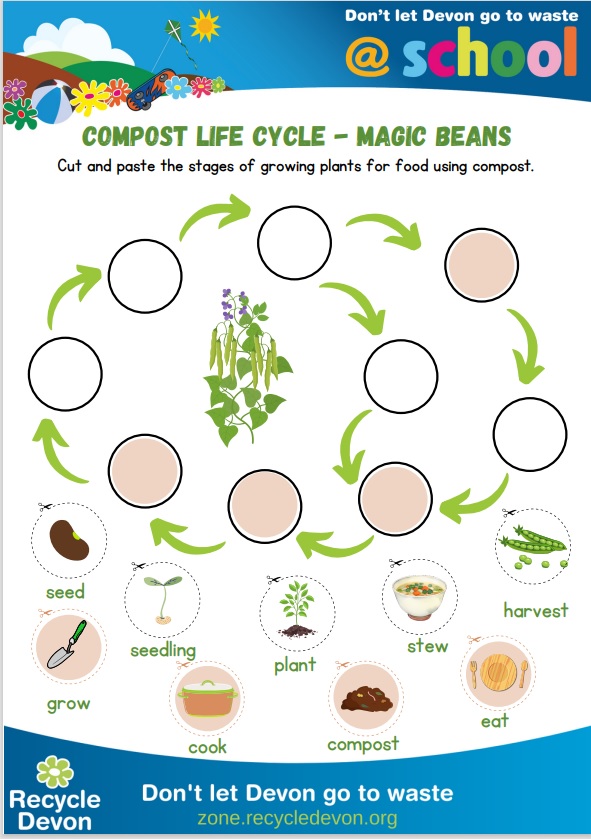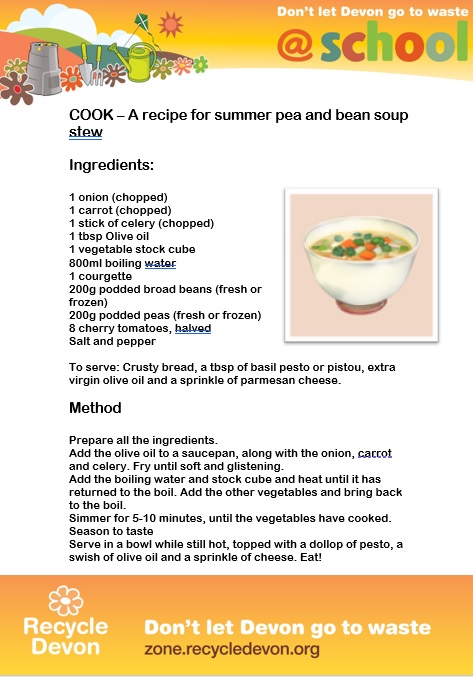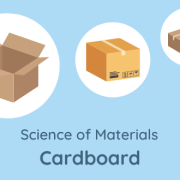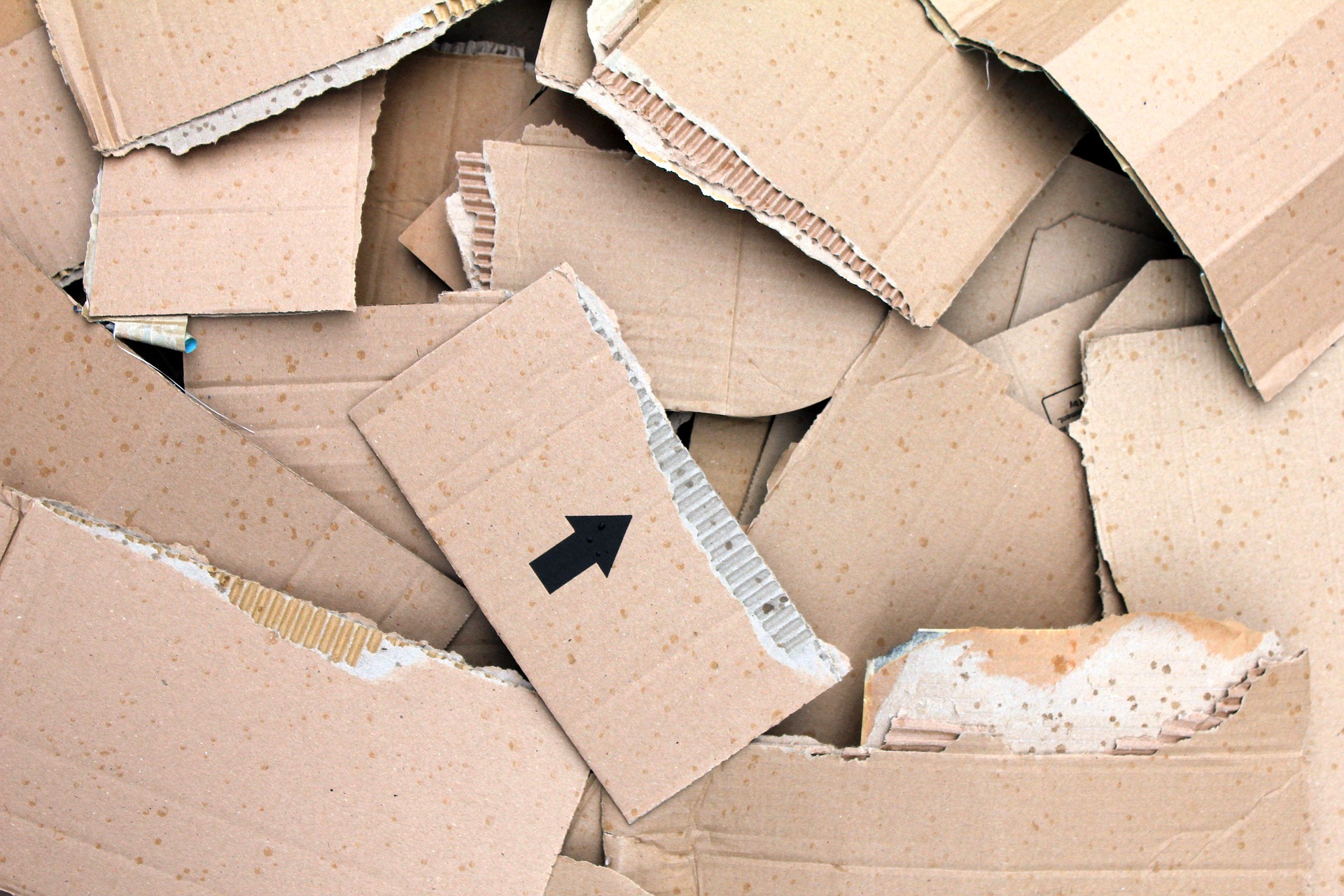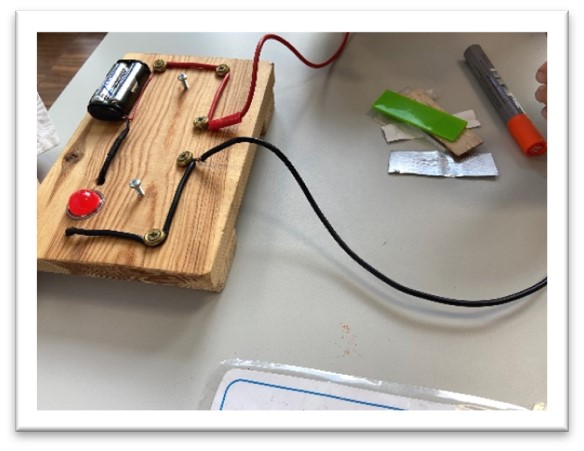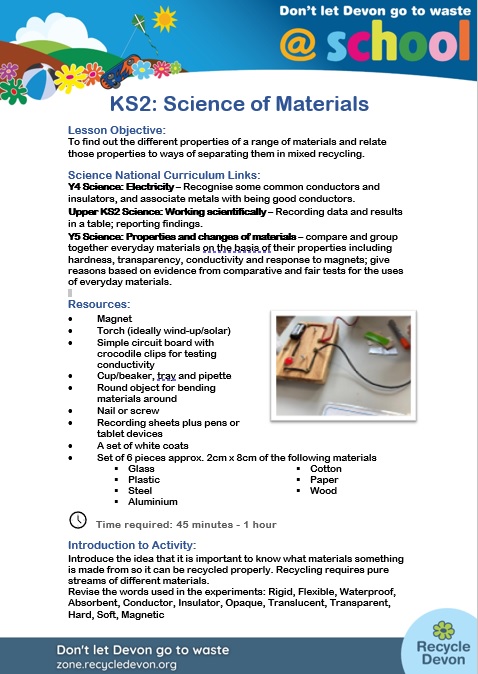Early Years Recycling
 This worksheet provides a plan for a lesson will help younger children understand sorting recycling into different bins.
This worksheet provides a plan for a lesson will help younger children understand sorting recycling into different bins.
Early Learning Goals
- Physical development -ELG- Gross motor skills: To move energetically while negotiating space through identification of the correct hoop.
- Literacy -ELG- Word Reading: Drilling of pronunciation of materials.
- Mathematical -ELG- Numerical patterns: Comparing different quantities of materials, recognising greater or less.

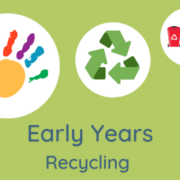
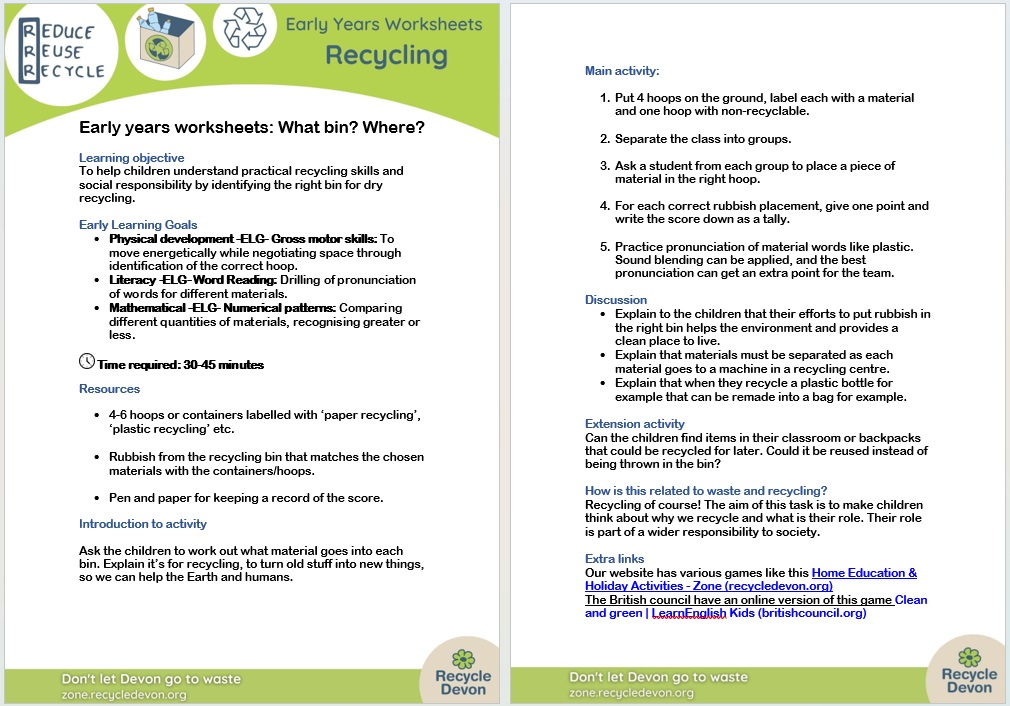
 This worksheet provides a plan for a lesson will help younger children understand planting and growing, using reused materials.
This worksheet provides a plan for a lesson will help younger children understand planting and growing, using reused materials.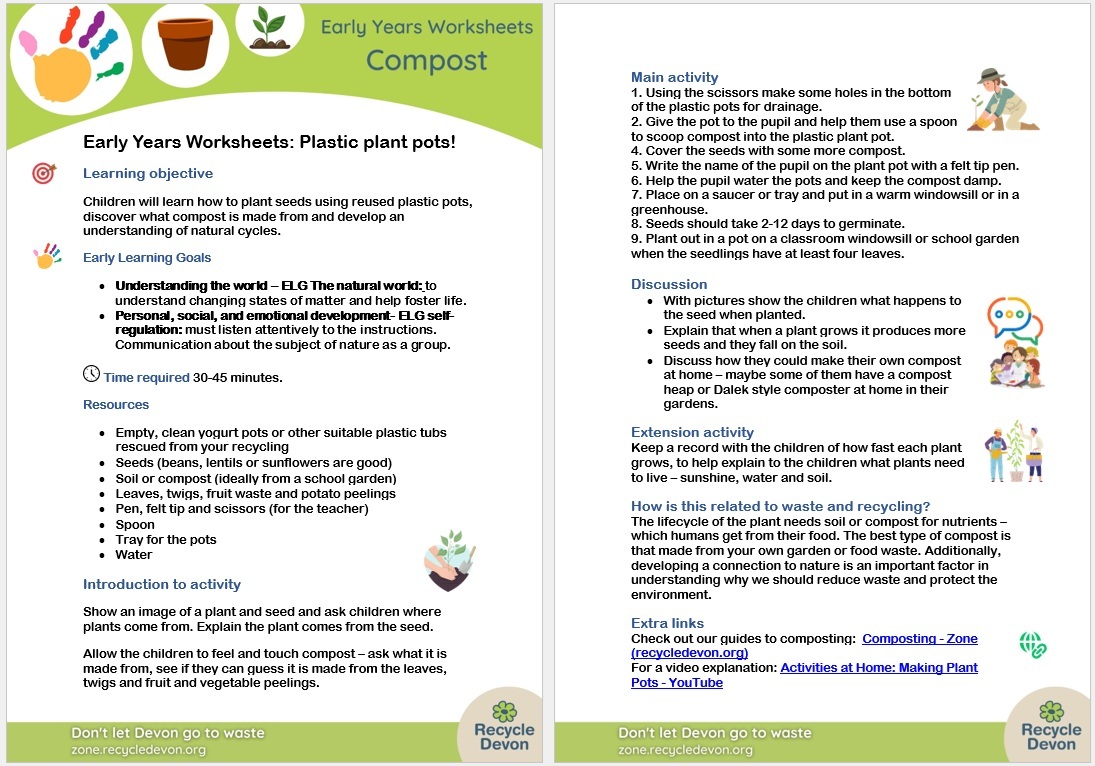
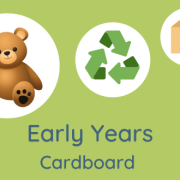
 This worksheet provides a plan for a lesson will help younger children understand sorting recycling into different bins.
This worksheet provides a plan for a lesson will help younger children understand sorting recycling into different bins.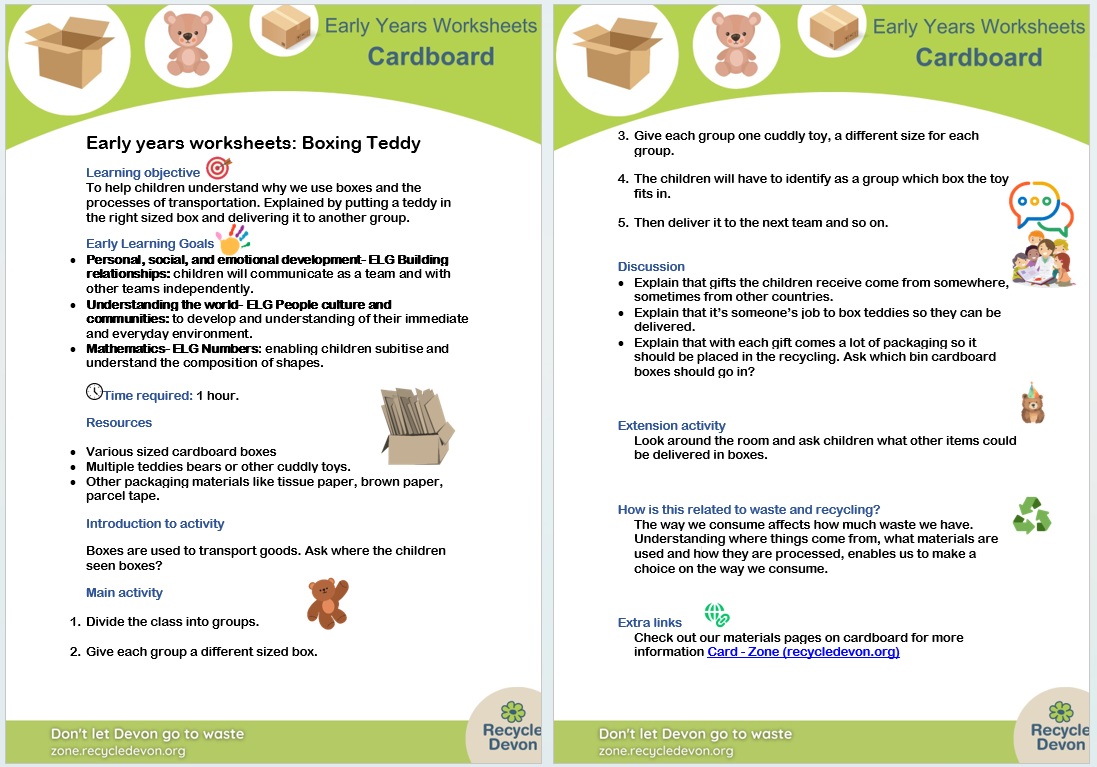
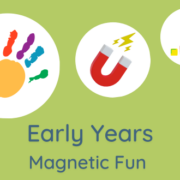
 This worksheet provides a plan for a lesson will help younger children understand Magnets. Magnets are used to separate aluminium cans from steel cans in the recycling industry, as well as to extract ferrous metals from bottom ash in Energy from Waste plants in Devon.
This worksheet provides a plan for a lesson will help younger children understand Magnets. Magnets are used to separate aluminium cans from steel cans in the recycling industry, as well as to extract ferrous metals from bottom ash in Energy from Waste plants in Devon.